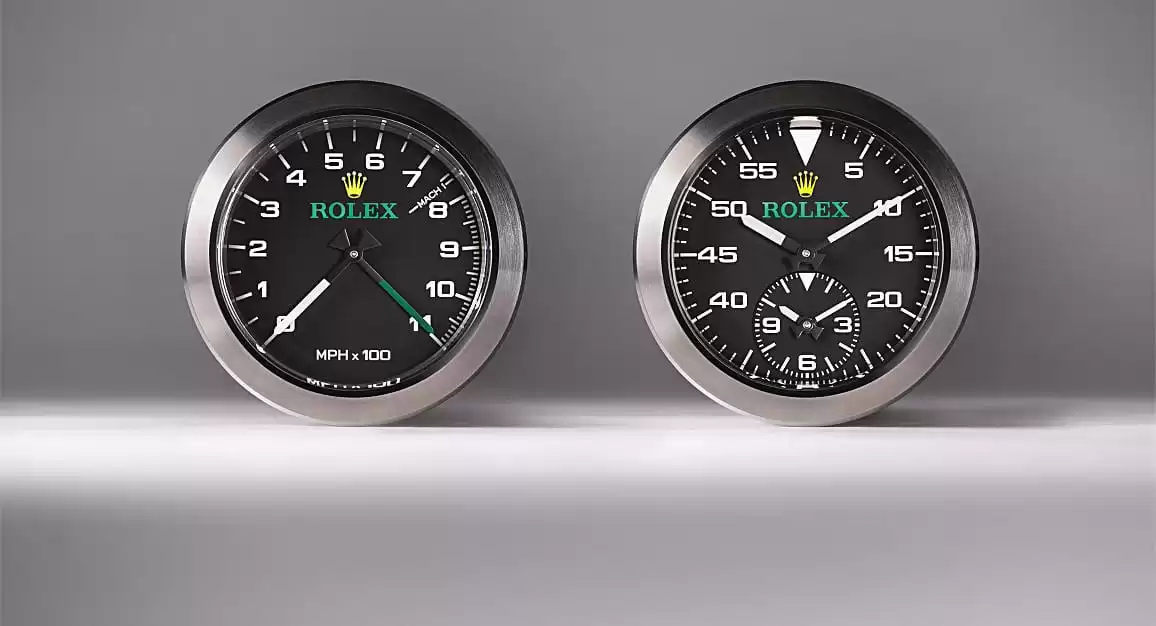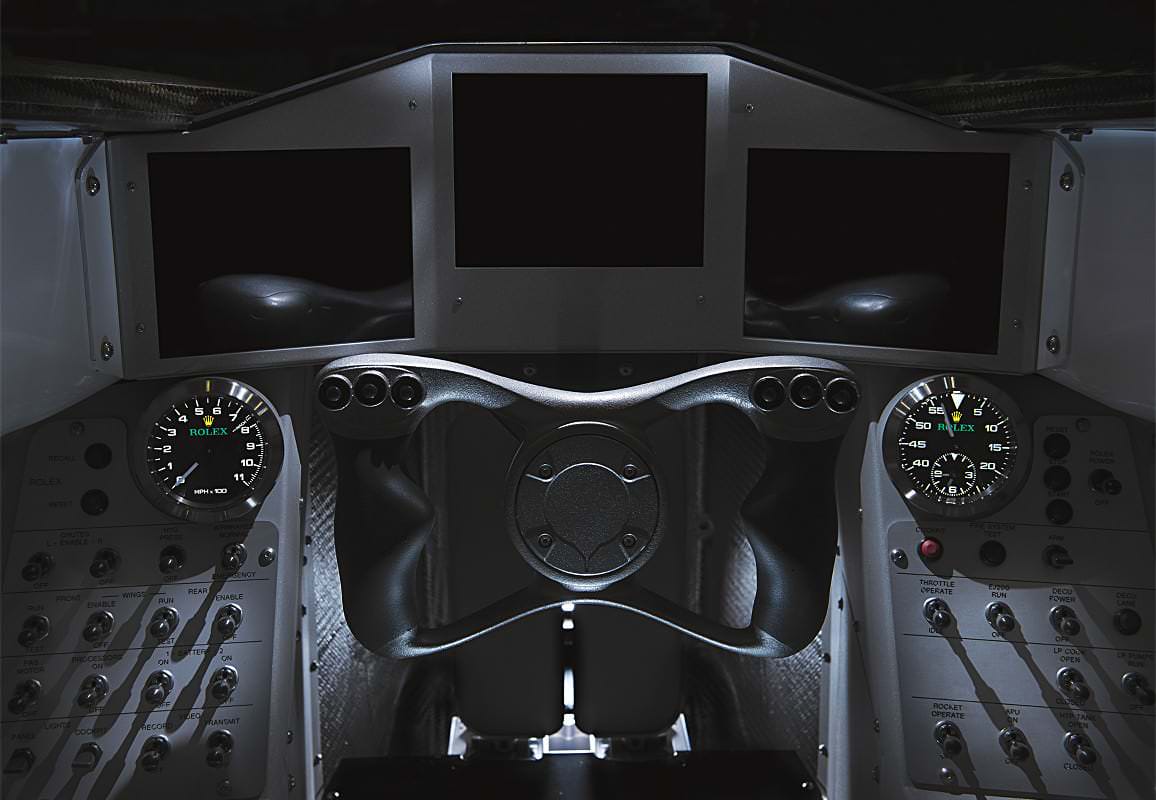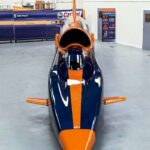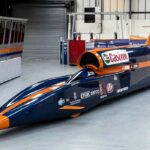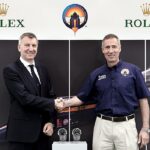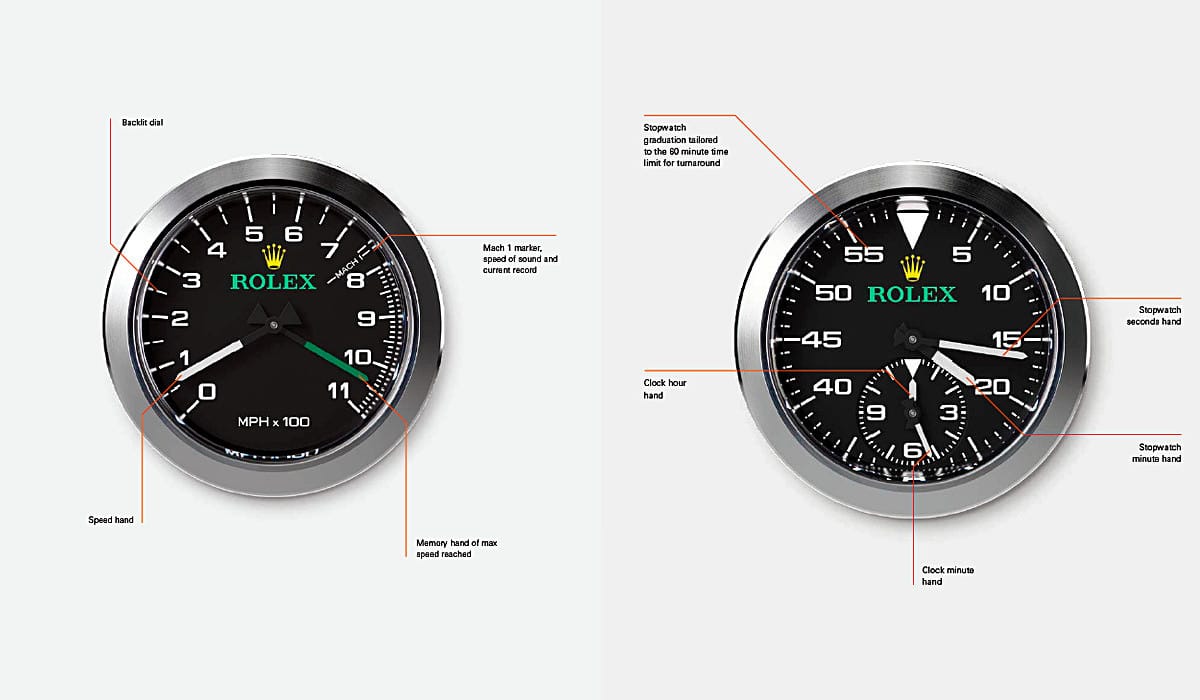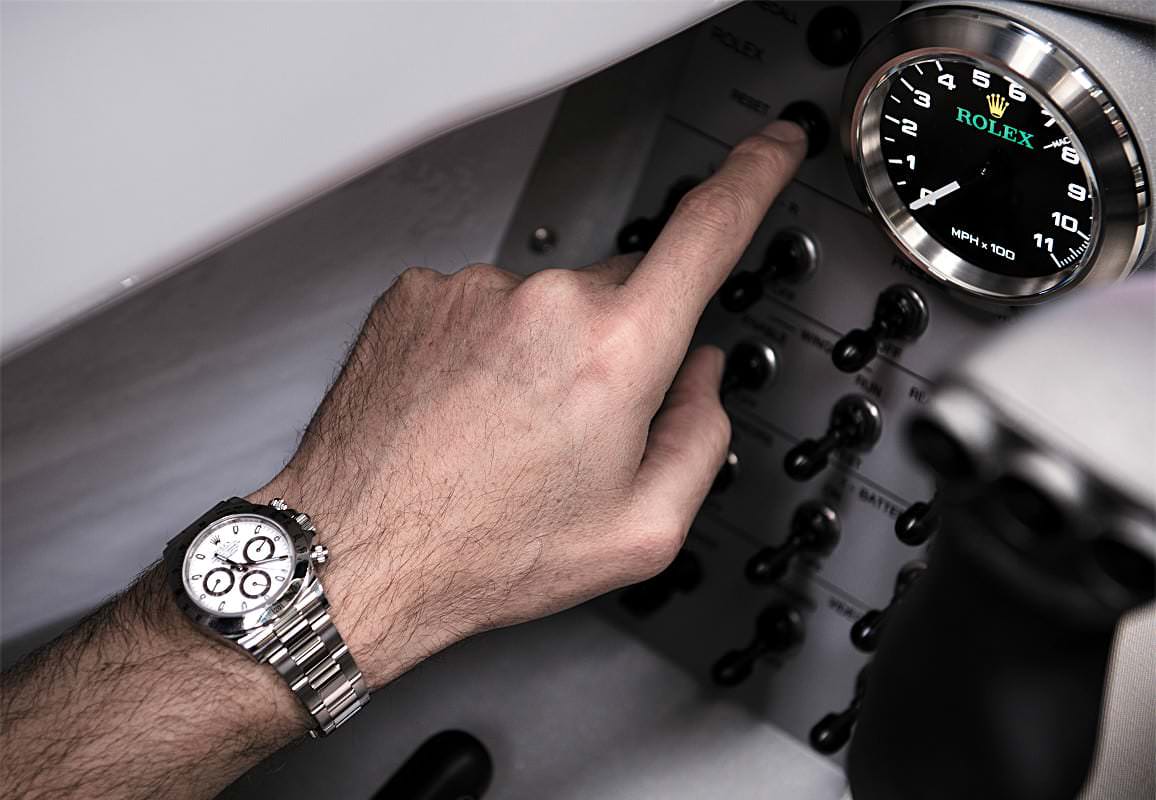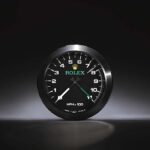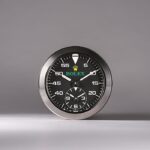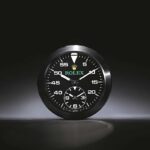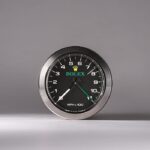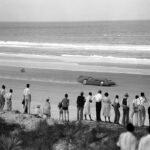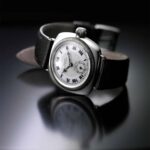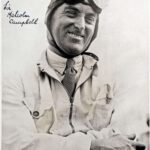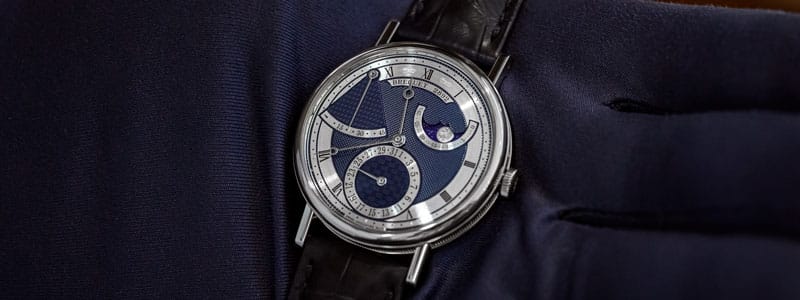Long after the expedition to the bottom of the Marianna Trench, marked by the renowned Deepsea Challenge expedition led by director David Cameron, Rolex’s next challenge is on land. The manufacturer based in Geneva is about to enter the 1000mph club as it will be partnering with the Rolex Bloodhound SSC project, where SSC is the acronym for Super Sonic Car and whose goal is to set the new land speed record.
Once again in its history, Rolex moves far beyond the common idea of a partnership in fine watchmaking, whose outcome is, mostly, a new timepiece named after that partner. The maison that, as I wrote some time ago (here) has, by accident or not, introduced the role of the Brand Ambassador in high-end watchmaking, is now at the forefront once again by introducing a new model of partnership between a fine watchmaker and other fields alike, such as motoring, speed, advanced research and soon after having become the official timing partner for Formula 1.
Rolex will join the project, as a “co-designer”, of the new Rolex Bloodhound SSC vehicle, a rocket-powered vehicle with 135,000 bhp and capable of reaching a top speed in excess of 1,000mph, in just 55 seconds, which will be used during two separate attempts in 2015 e 2016 respectively. The maison has developed two analog devices, namely a speedometer and a chronograph which are integrated as standard equipment in the cockpit and complementing a fully digital instrumentation.
In compliance with FIA rules, a speed record is validated only if the average speed of two passages over a measured mile in opposite directions is slightly greater than 1,000mph! The “double attempt” requirement was first introduced in 1914 to compensate for a potentially favorable wind factor.
At its top speed, the Rolex Bloodhound SSC is able to cover a mile in 3,6 seconds, has a maximum acceleration of 2g and a maximum deceleration of 3g. In less than 60 minutes, the vehicle has to complete the first passage, be refueled, the cooling water be replaced, checked and complete the second passage.
What will the two Rolex’s analogue instruments be used for? The speedometer, placed at the left hand side of the cockpit is being used for maximum speed tracking, the chronograph on the right hand side will track the entire 60 minutes of the trial. Why are the team turning analogue?
For, as Andy Green, actual speed record holder and Rolex Bloodhound SSC’s driver has said: “Analogue displays are just easier to read. It’s a fact”. It is maybe the same reason why a professional diver has today quite often a analogue divers’ watch wrapped around his wrist. The two analogue devices are used as back-up instrumentation if, for any reason, the digital instrumentation should break down.
The two Rolex devices are individually power supplied and encase a GPS antenna for precisely monitoring the vehicle’s speed during the test. They’ve been designed to withstand the extreme testing conditions faced during the attempts: temperatures up to 65°C and, mostly, the vibrations occurring on a supersonic vehicle.
Rolex is not new to speed record timekeeping, there’s a “connection” which links this challenge to Sir Malcolm Campbell’s ones back in the 30′, when he set an astounding 9 speed records at Daytona Beach.
At the time the analog instrumentation was wrapped around his wrist as Campbell, during his attempts, usually wore his personal Rolex Oyster and celebrated, without being a Rolex ambassador, its outstanding shock and vibration resistance. Two Oysters are, today, encased along the Bloodhound SSC’ s steering wheel driven by Andy Green.
(Photo & Video credit: Rolex, Bloodhound SSC)
Gaetano C. @Horbiter®

